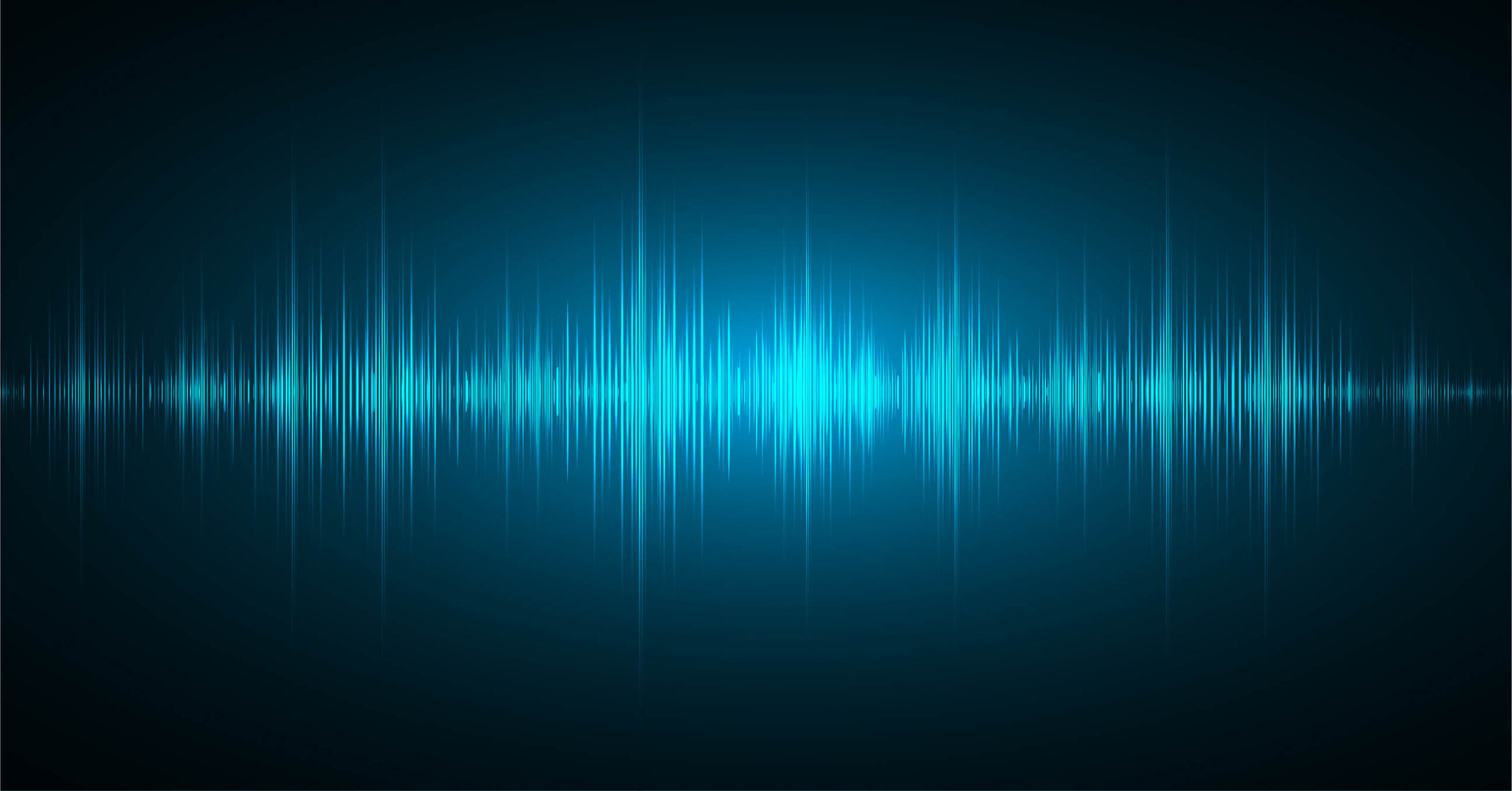System Theory 3 – Stochastic Signals

Course given by
Course number
Language
Credit Points
Hours per week
Click here to go to
Moodle
Contents
Introduction
Definition of stochastic processes
Probability distributions and densities for stochastic processes
Moment functions, autocovariance, crosscovariance, autocorrelation, crosscorrelation
Properties of covarianve and correlation functions, stationarity and ergodicity, power spectral density, white noise processes
Detection theory
Binary decisions, Bayes-test, Maximum-a-posteriori (MAP) test, Maximum-Likelihood-test, MiniMax-test
Receiver-Operating-Characteristics (ROC)
Parameter Estimation
Estimates and estimators
Bias, consistency, Cramér-Rao Lower Bound, efficiency
Least squares estimators and Maximum Likelihood estimators
Random signals and systems
Transfer by LTI systems
Linear processes (AR, MA, ARMA)
Yule-Walker-equations
Wiener-filter
Statistics for random processes
Estimation of the covariance function
Spectral estimation with the periodogram
Parameter estimation for linear processes
Lectures
Room
Lesson begins
Lesson ends
First lesson is on
Excercises
Room
Excercise begins
Excercise ends
First excercise is on
Exam
Type of exam
Exam date
Duration of exam
Registration for the exam
Practical Excercises
Room
Excercise begins
Excercise ends
First excercise is on
Objectives
Requirements
Prior knowledge
Literature
- Kay, Steven M. “Fundamentals of Statistical Signal Processing, Volume I: Estimation Theory”, Prentice Hall, 1993
- Kay, Steven M. “Fundamentals of Statistical Signal Processing, Volume II: Detection Theory “, Prentice Hall, 1998
- Kay, Steven M. “Fundamentals of Statistical Signal Processing, Volume III: Practical Algorithm Development “, Prentice Hall, 2013
- Kay, Steven M. “Intuitive Probability and Random Processes using MATLAB”, Prentice Hall, 2005
- Mertins, Alfred “Signaltheorie”, Springer, 2013 http://www.springer.com/de/book/9783834813947
- Kroschel, Kristian, Rigoll, Grhard, Schuller, Björn W. “Statistische Informationstechnik”, Springer Verlag, 2011 http://www.springer.com/de/book/9783642159534
- Hänsler, Eberhard “Statistische Signale. Grundlagen und Anwendungen”, Springer, 2001
- Böhme, Johann F. “Stochastische Signale”, Teubner Verlag, 1998


